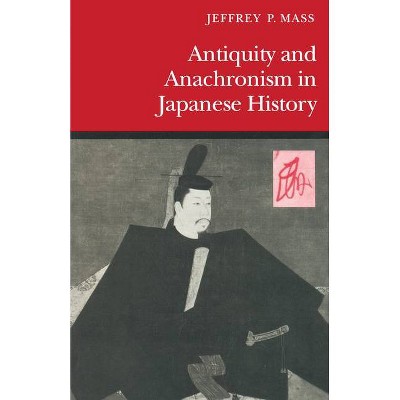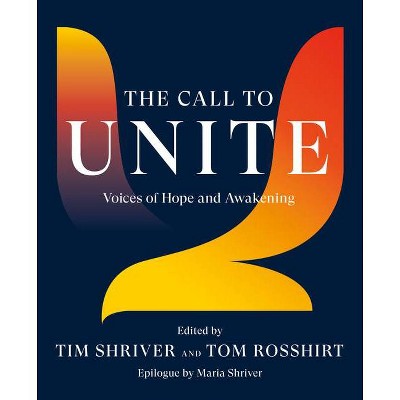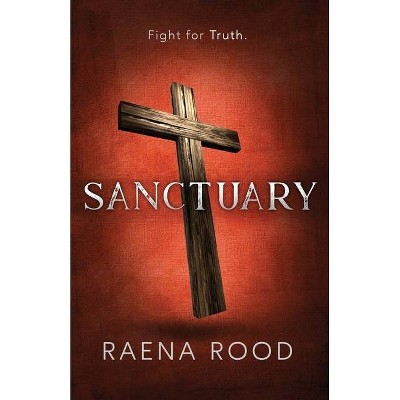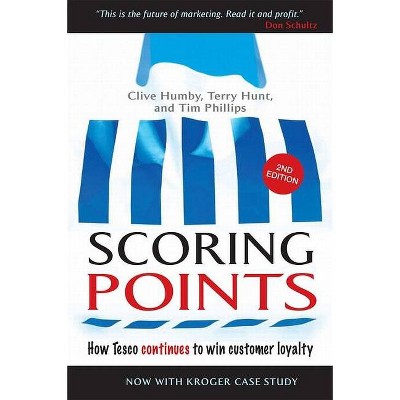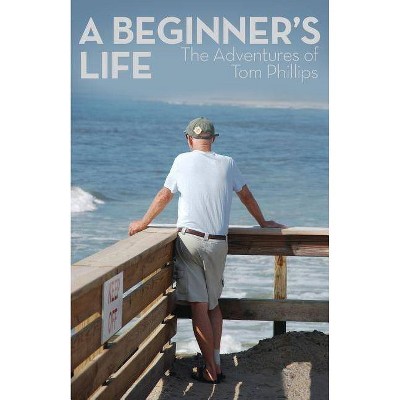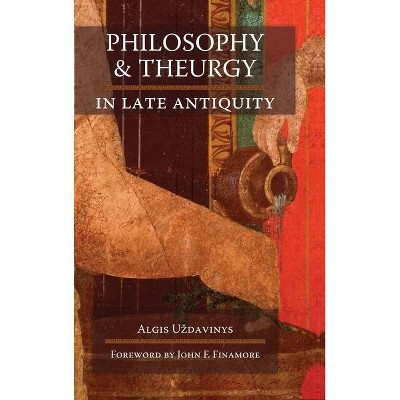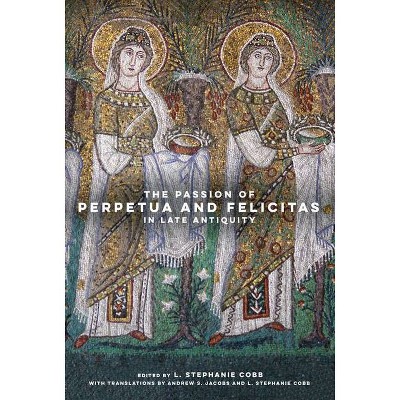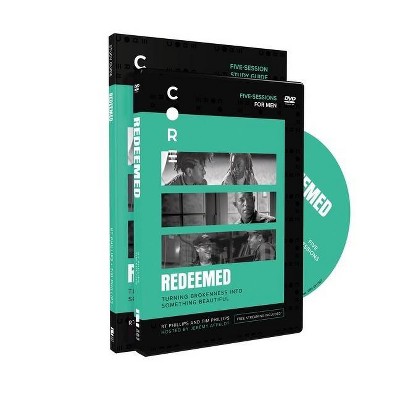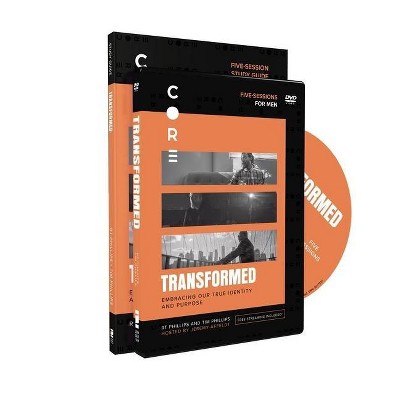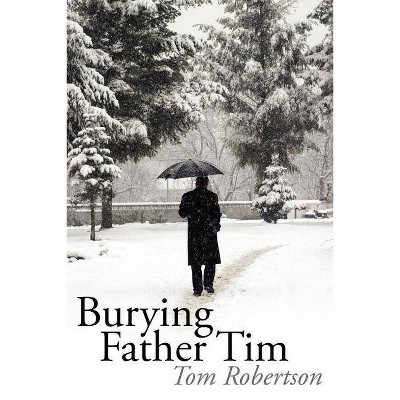Anachronism and Antiquity - by Tim Rood & Carol Atack & Tom Phillips (Hardcover)
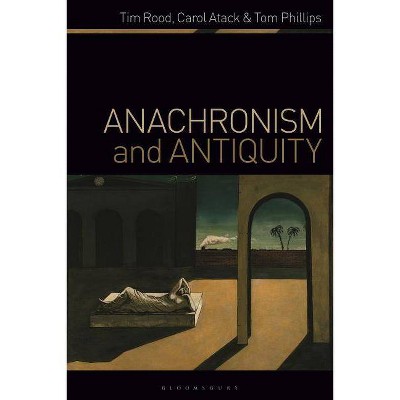
Similar Products
Products of same category from the store
AllProduct info
<p/><br></br><p><b> Book Synopsis </b></p></br></br>This book is a study both of anachronism in antiquity and of anachronism as a vehicle for understanding antiquity. It explores the post-classical origins and changing meanings of the term 'anachronism' as well as the presence of anachronism in all its forms in classical literature, criticism and material objects. Contrary to the position taken by many modern philosophers of history, this book argues that classical antiquity had a rich and varied understanding of historical difference, which is reflected in sophisticated notions of anachronism. <br/><br/>This central hypothesis is tested by an examination of attitudes to temporal errors in ancient literary texts and chronological writings and by analysing notions of anachronistic survival and multitemporality. Rather than seeing a sense of anachronism as something that separates modernity from antiquity, the book suggests that in both ancient writings and their modern receptions chronological rupture can be used as a way of creating a dialogue between past and present. With a selection of case-studies and theoretical discussions presented in a manner suitable for scholars and students both of classical antiquity and of modern history, anthropology, and visual culture, the book's ambition is to offer a new conceptual map of antiquity through the notion of anachronism.<p/><br></br><p><b> Review Quotes </b></p></br></br><br>A comprehensive, intellectually ambitious exploration of anachronism, which enriches our understanding of how we configure 'antiquity' as a time period.<br><br>A provocative and stimulating book. It offers a comprehensive study of the history of anachronism, but it goes far beyond that to explore the ways in which the Greeks and Romans - and later generations which looked to classical antiquity for inspiration - engaged with different modalities of time. Employing both texts and images, and ranging from Homer to Borges, this book shows how anachronism is inevitably - and in many cases imaginatively - inseparable from our understanding and appreciation of past and present.<br><p/><br></br><p><b> About the Author </b></p></br></br><p><b>Tim Rood</b> is Fellow and Tutor in Classics at St Hugh's College, University of Oxford, UK. He is the author of <i>The Sea! The Sea! The Shout of the Ten Thousand in the Modern Imagination</i> (Bloomsbury, 2004) and <i>American Anabasis </i>(Bloomsbury, 2010).<br> <b><br> Carol Atack</b> is a Junior Research Fellow at St Hugh's College, University of Oxford, UK. She is the author of <i>The Discourse of Kingship in Classical Greece</i> (2019) and is an Associate Editor of <i>Polis: The Journal for Ancient Greek Political Thought</i>. <p/> <b>Tom Phillips</b> is Lecturer in Classics at the University of Manchester, UK. His publications include <i>Pindar's Library: Performance Poetry and Material Texts </i>(2016), and articles on Greek and Latin lyric poetry.</p>
Price History
Price Archive shows prices from various stores, lets you see history and find the cheapest. There is no actual sale on the website. For all support, inquiry and suggestion messagescommunication@pricearchive.us
